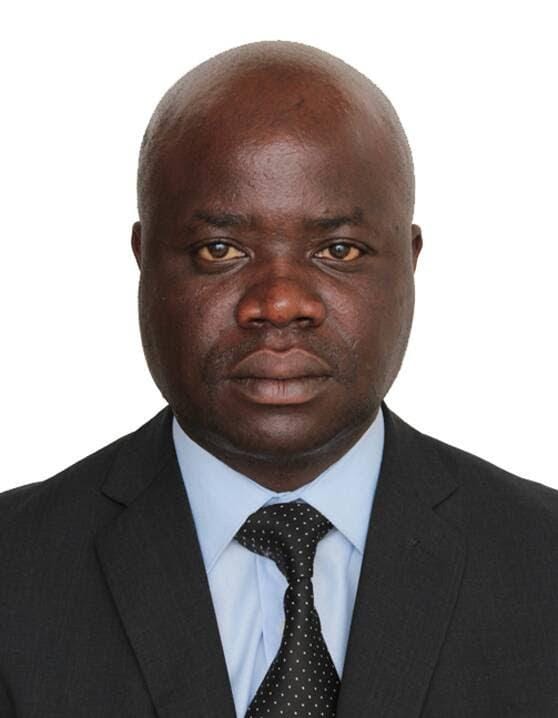The World Health Organisation (WHO) has appointed a Malawian, Dr. Richard Msalira Banda, as the organisation’s Country Representative for Lesotho.
Dr Banda is a public health expert with twenty years’ experience in the health sector facilitating health policy formulation, technical cooperation and policy dialogue.
Dr Banda’s medical career started off at the peak of the HIV epidemic at the turn of the century before the introduction of antiretroviral therapy. Then death from AIDS was real, quick and very ugly. Thanks to the several global and domestic financing mechanisms, this is no longer the case. Fresh out of college, he was diagnosed with pulmonary tuberculosis.
“This marked a turning point in my career as it gave me the benefit of context. Not only did it help me understand my patients’ illness better but it also hastened my departure from clinical practice. I then decided to redirect my career on the two diseases, tuberculosis and AIDS from a different perspective.”
In pursuance of a public health career, Dr Banda joined the World Health Organization fifteen years ago. Striking where the metal was hardest, he joined the HIV team in Malawi office implementing the 3 by 5 initiative. Later he was re-assigned as technical officer for HIV Drug Resistance in the sub-regional office supporting eighteen countries in Africa on drug resistance surveillance. Currently he is working as technical adviser for HIV and viral hepatitis based in WHO Kenya country office responsible for scaling up antiretroviral therapy, contributing to an effective HIV and viral hepatitis response.
Dr Banda graduated in medicine from the University of Malawi in 1999 and he holds postgraduate qualifications in infectious disease control from University of London, health economics from University of Cape Town and tropical medicine from the Royal College of Physicians, UK. He is married to a nurse with three children.
Dr Banda’s professional goals for the next couple of years focus around becoming increasingly involved in efforts to attain universal health coverage by facilitating uptake of evidence-based health policies.




